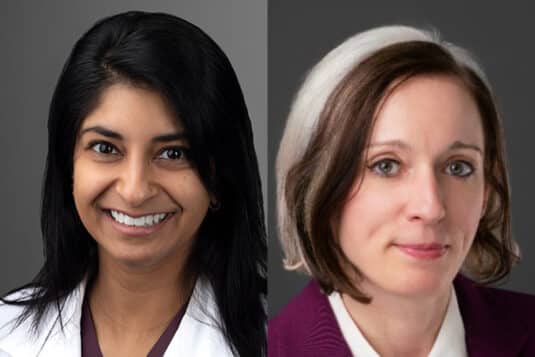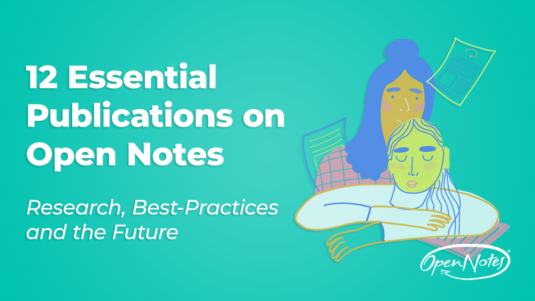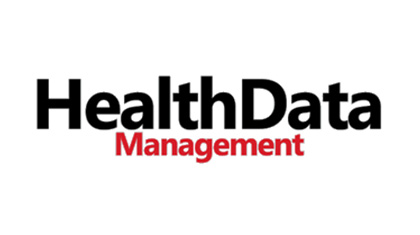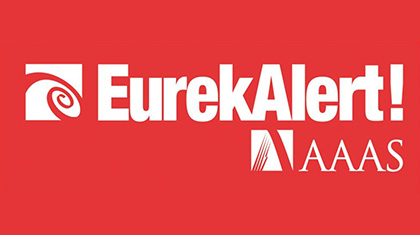This study by Vanka, et al, presents 10 guidelines for patient-centered medical documentation, emphasizing respect, clarity, and inclusivity in clinical notes. These principles aim to empower patients, improve trust, and enhance medical education on open notes practices.
Research
Twelve Wide-Ranging Publications Addressing Research, Best Practices, and the Future of Open Notes
Many clinicians around the U.S. have questions about open notes. Here are the 12 essential publications to help health professionals gain deeper understanding of this new practice… and its effects.
Pilot sites to test concept of patients contributing to clinical notes
Four healthcare organizations have agreed to serve as pilot sites for OurNotes, an initiative aimed at encouraging patients …
A New Chapter in Patient-Centered Care: Sharing the Medical Note?
The 21st century has ushered in a distinct emphasis on patient-centered care in allopathic medicine, as manifested by the increasing implementation of patient-centered medical homes and the frequent use of patient-centeredness in guidelines, health systems, and insurance language (1–5). The overall goal of this movement is to improve communication between physicians and patients, ultimately increasing patients’ engagement in care and improving the shared decision-making process, and thereby increasing their proclivity to follow their physicians’ advice. The costs attributed to nonadherence are staggering, estimated at $290 billion for medication nonadherence alone (6). Efforts to improve this situation are clearly warranted.
EurekAlert: Doctors’ reminders help keep people more engaged in their health care
Research led by UCLA professor on ‘OpenNotes’ model finds that follow-up emails are critical to keeping patients in the know A study led by Dr. John Mafi, a professor at the David Geffen School of Medicine at UCLA, has found that a simple note from a primary care doctor can be a critical way to…







